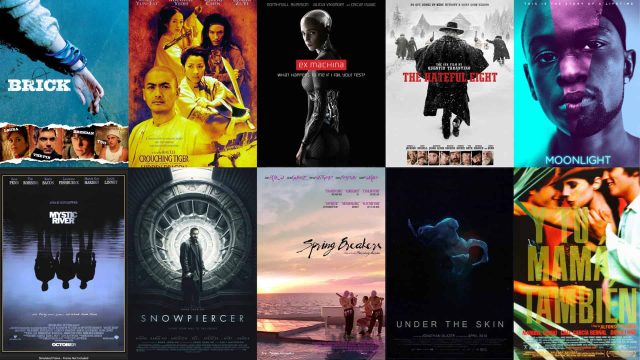“Netflix bloat” is now a standard terminology thrown around in pop culture criticism as easily as “prestige TV”; it’s good shorthand for how Netflix Originals tend to not only be too long but feel that way even in a binge, for the extraneous plot turns that eventually don’t even matter by the finale, and quality control that sometimes feels weirdly intermittent. I watched Dark Crystal: Age of Resistance recently and while it was guilty of all those issues, so were House of Cards, Arrested Development Seasons Four and Five, Hold The Dark, Apostle, Luke Cage and all the other Marvel Netflix awkward mutant hybrids of prestige and superheroes. Certain ones are strong but fall apart or just fuck up by the finale (The Haunting of Hill House) or “almost always feel and look a whole lot like other shows”, as Sean T. Collins writes (a whole lot of them including Mindhunters which basically is Zodiac but depressing).
There are lots of reasons these issues may be happening, including that the company’s algorithms give creative input. They know when people are watching, what parts they like and what parts they don’t. (Netflix’s own Lady Dynamite parodied the inherent creepiness of the process.) Surprisingly enough mathematical codes don’t have pacing and character work figured out quite yet, and its probably a bad idea to force Moments without anything to support them in the story beats. Doesn’t help either that episodes get to be as long as the creators want, often meaning that none of the fat of the story gets trimmed, especially if the show is meant to be binged (so who cares if some of the story goes nowhere?)
The optimist in me says that Netflix will fine-tune their process over time, the darker part that’s louder says this will all only get worse before it gets better. All the other studios are trying to compete with Netflix, producing more and more shows and movies on their streaming services. I’m sorry, not shows and movies, Content. Because that’s what all of this is to Netflix, a company based in Silicon Valley conceptions of capitalism who therefore approach cinema and TV as products that can be shaped by extremely precise mathematics. (This is itself the natural next step of movie studio approaches in the past thirty years as well.)
I’d mention that Netflix doesn’t seem to care much about the Bloat issue -according to one story a big target audience is stoners because they’ll never turn off the TV – but that may become a bigger problem once Disney+ launches and steals big chunks of their audience, and old network shows that many subscribers are really paying Netflix prices for leave the service in a few years. (That and Netflix has been borrowing steadily for years to pay for everything and that may have to stop.) That’s my question then: what comes next for Netflix and this concept of endless Content? Do the coming streaming services that are divvying up the media we love flourish or do we all switch back to cable? The future is unwritten, but it sure is fun to talk about.

